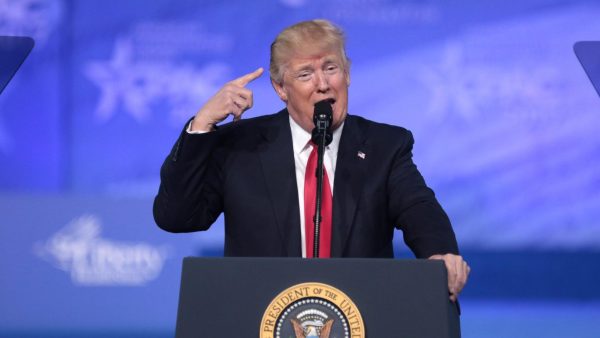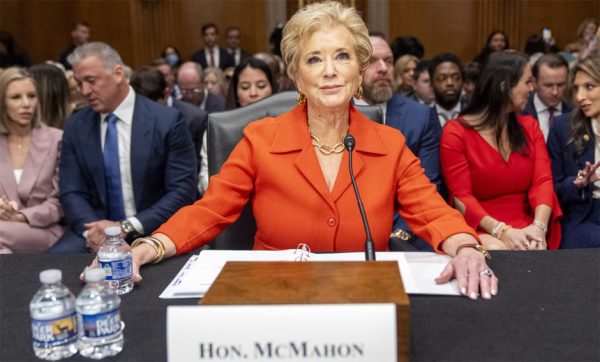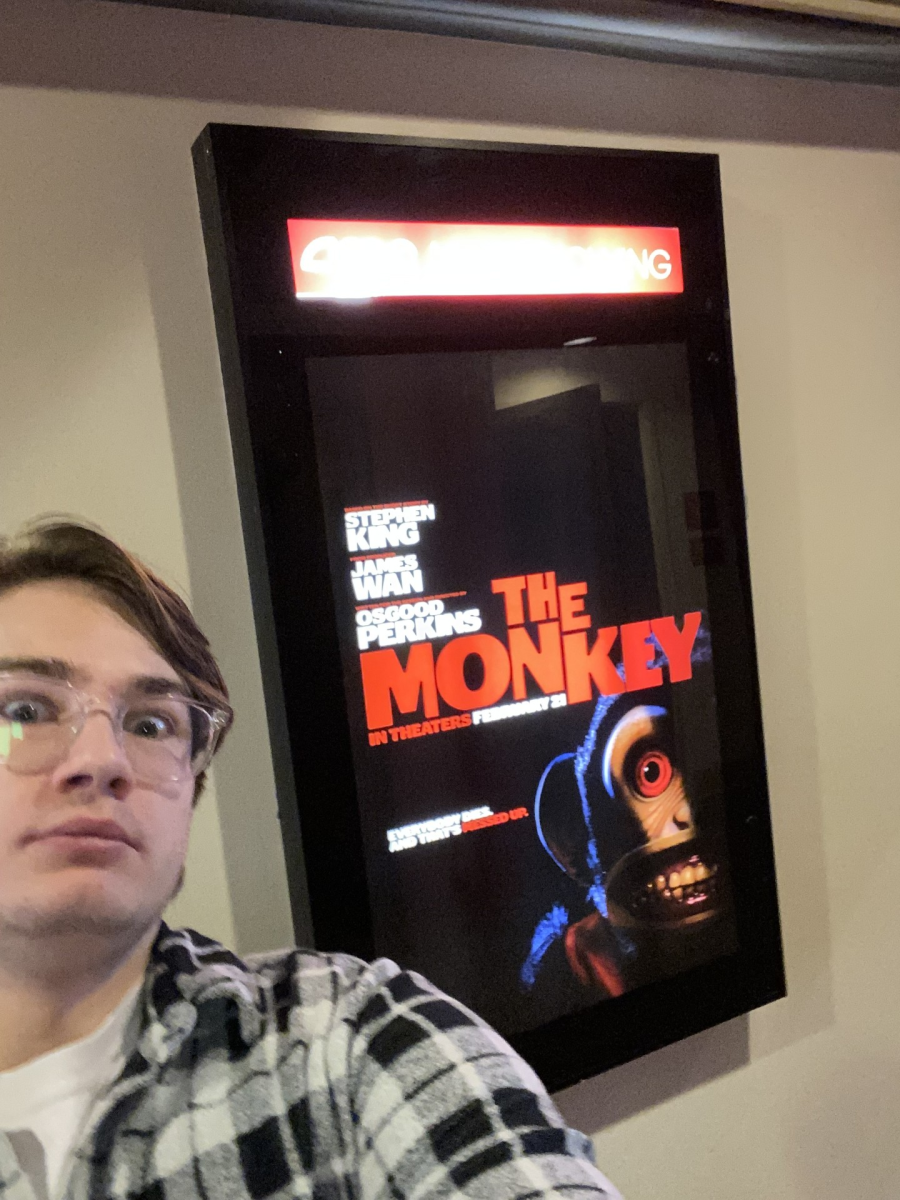Whoever said “ignorance is bliss” clearly didn’t live in the United States. Here, ignorance is dangerous. In a country where laws are made daily, rights are contested in courtrooms, and elections shape not only local leadership but global futures, staying uninformed isn’t just irresponsible, it’s risky.
These days, politics has become more polarizing than ever. While I don’t support hostility or endless arguments, I will admit this about our current state: at least people are engaged. At least they are informed enough to form and defend opinions.

What’s truly troubling, however, is the silence and the apathy of those who choose to tune it all out.
Many people, especially college students, dismiss political issues, claiming it doesn’t affect them or that it’s too stressful to keep up with. Balancing classes, jobs, relationships, and mental health is hard enough without the weight of the world added to it, I get that. But choosing to look away isn’t the same as protecting your peace. It’s surrendering your voice.
Thanks to social media and news sites, today’s college students have unprecedented access to political information. I understand not all of it is factual, but it’s not difficult to uncover the truth. From real-time policy updates to opinion pieces and debates, staying informed has never been easier. Yet many still choose to ignore it.
“Honestly, I just feel like whatever I do doesn’t matter,” said a second-year nursing student, who requested anonymity to speak candidly. “I can vote, I can read the news, but nothing really changes.”
Those words reflect a sentiment many share: a deep disillusionment with the system. But disengaging doesn’t stop the system from functioning—it simply means others are making decisions for you.
Some students recognize the risks but feel overwhelmed by the noise.
“I want to care, but it’s exhausting,” said a second-year communication student. “It’s like every day there’s a new crisis. I don’t even know where to start.”
That feeling is valid. The 24-hour news cycle can be overwhelming. But staying informed doesn’t mean consuming everything all the time. It means choosing to care enough to learn. Even a basic understanding of current issues, policies, and rights can be powerful.

College students should stay informed about issues that affect them directly. For example, many have heard about President Trump’s push to close the Department of Education, often assuming it will only impact K-12 schools. However, this decision has significant implications for higher education as well. If the Department of Education is shut down, financial aid programs could be severely affected, leaving many students unable to afford tuition.
And that’s not all. Immigration policies are also putting students’ futures at risk, with some facing deportation. Take the case of Mahmoud Khalil, a Columbia University graduate student arrested in March for allegedly distributing pro-Hamas propaganda, despite no evidence supporting the claim. Khalil faces potential deportation, even though he is a legal U.S. resident with a green card.
Rumeysa Ozturk, a Ph.D. student at Tufts University, is facing a similar situation. Despite holding a valid F-1 visa, she was arrested last month by ICE agents who allege she engaged in activities supporting Hamas. In March 2024, Ozturk co-authored an op-ed in the university’s student newspaper, urging Tufts to adopt resolutions passed by the Tufts Community Senate calling for divestment from companies with ties to Israel. While it remains unclear whether the editorial contributed to her arrest, many are arguing that she has done nothing more than exercise her constitutional right to free speech.
She was released upon an order from a judge in New England last week.
These cases are just a couple of examples of the challenges students like them face—and it’s a situation that could affect Stevenson students as well. Yet many students remain indifferent.
I’m not suggesting that students should protest, adopt strong opinions on every issue, or become hyper-political. I’m not advocating for any specific ideology. What I’m saying is that it’s essential to stay informed and understand the world in which you live.
My philosophy is simple: “You can’t change the world if you don’t understand it first.”
That’s at the heart of it. If college students want to make a meaningful impact in their careers, communities, or country, they first need to understand the world they’re trying to change.
So no, ignorance isn’t bliss. It’s a privilege—one that not everyone can afford. The first step toward real change is deciding not to look away.

























